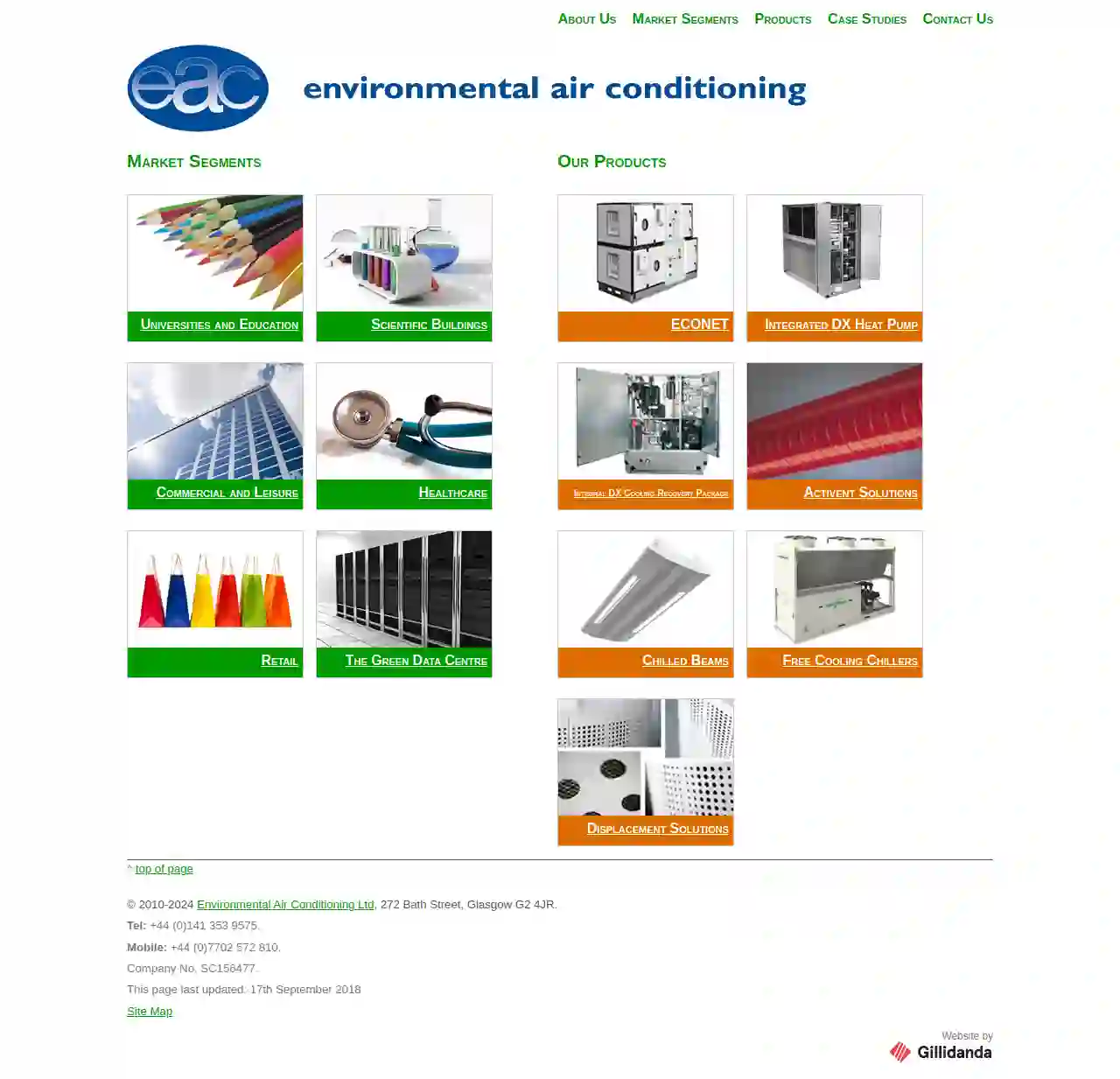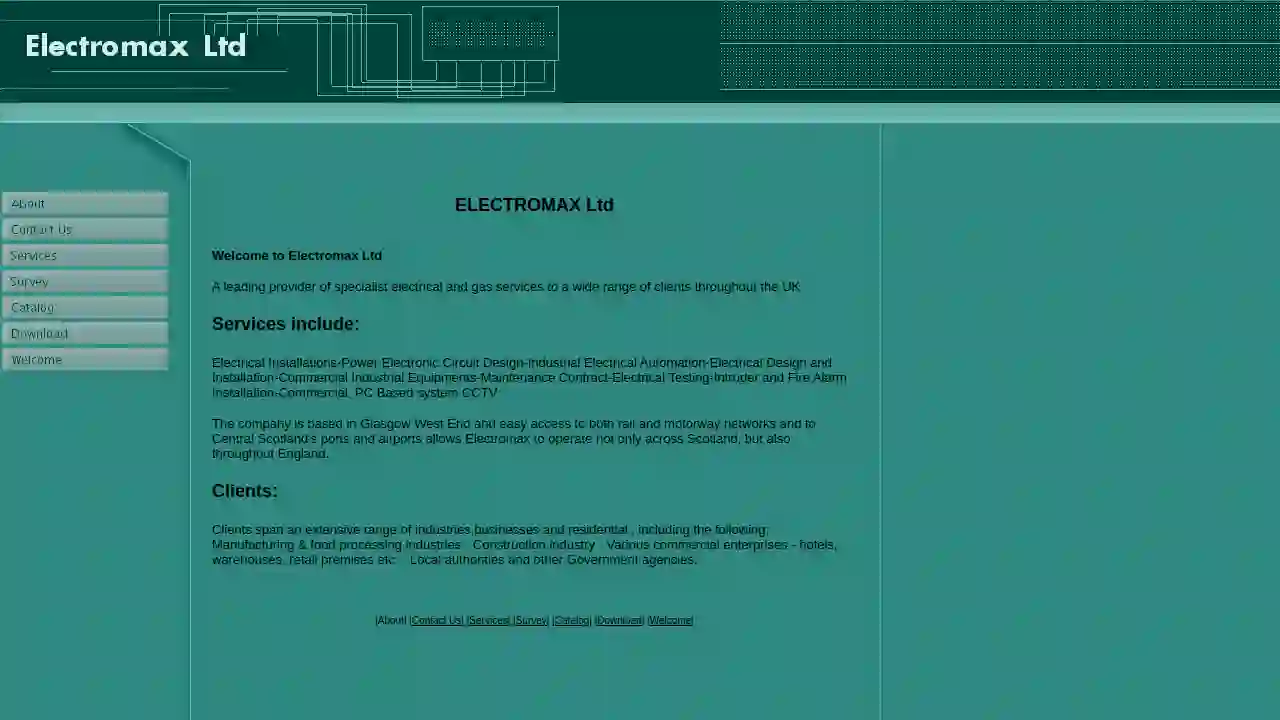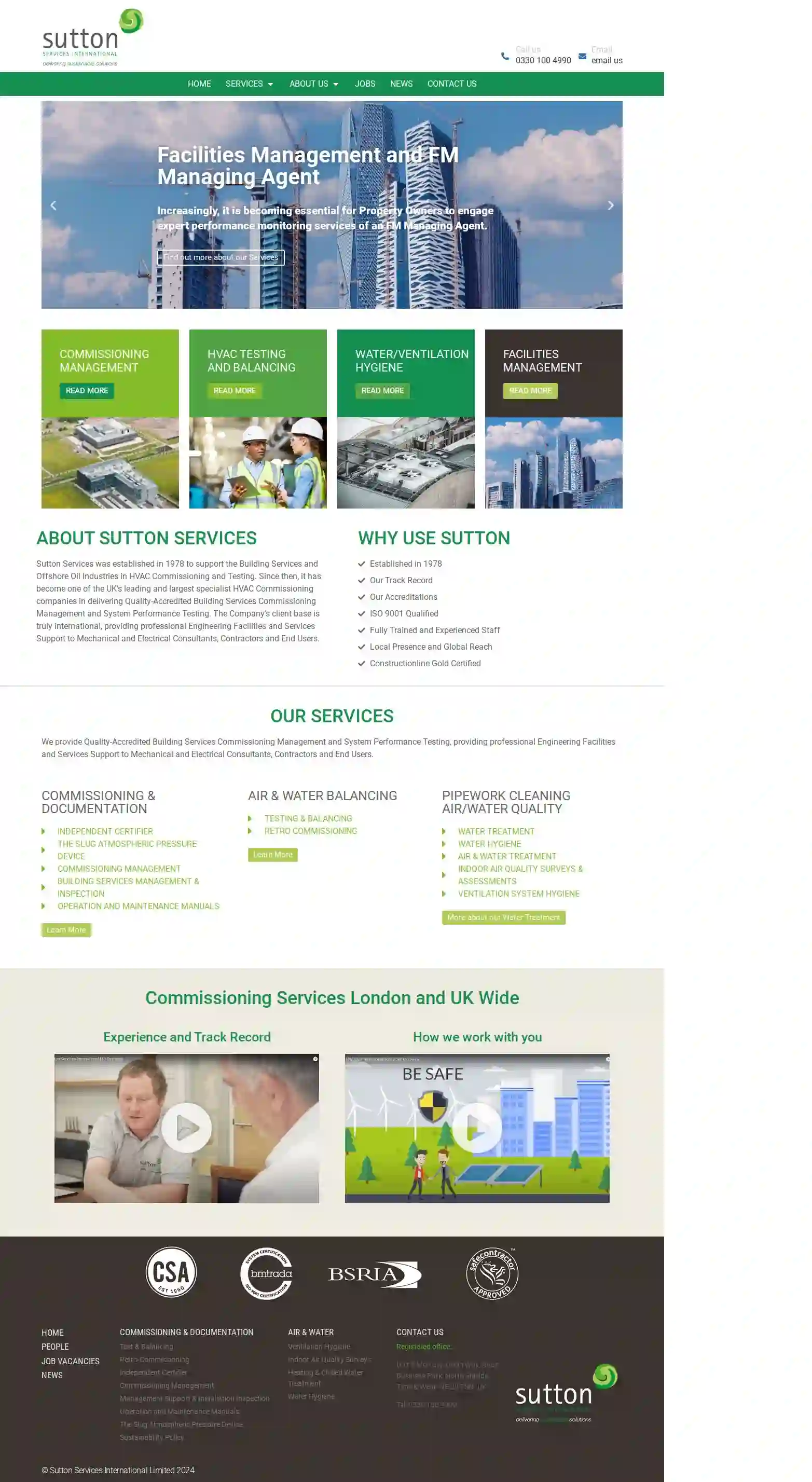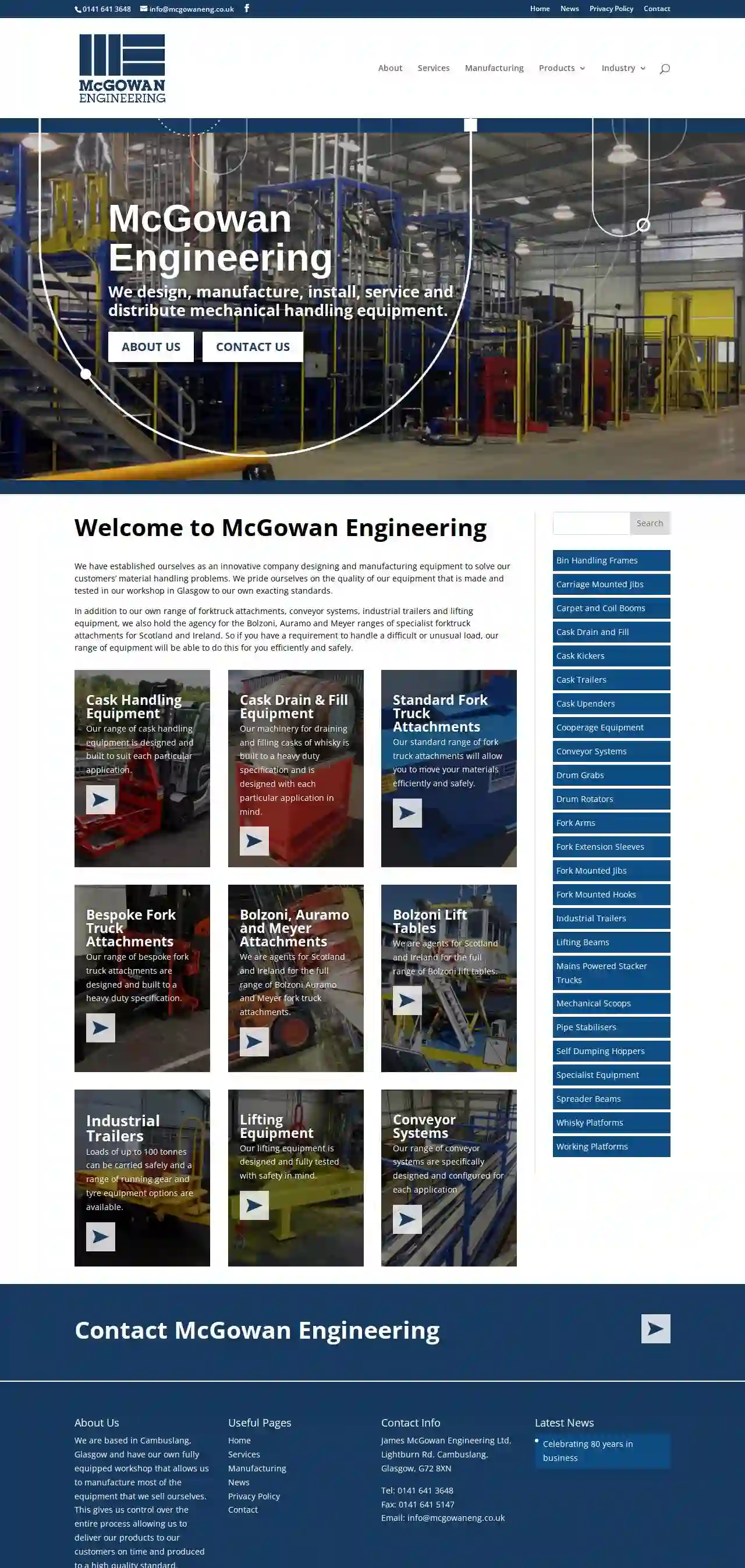Boiler Installation Old Kilpatrick
Top 10 New Boiler in Old Kilpatrick
Receive 3 FREE Boiler Replacement quotes for your project today! Compare profiles, reviews, accreditations, portfolio, etc... and choose the best deal.

HBE (Glasgow)
London, UK, 123 London Road, SW1A 1AA, GBShaping the future of legionella control. HBE is a legionella control and water hygiene specialist with 20 years of experience delivering reliable water hygiene and legionella control services across the UK and Ireland. Our research includes delivering the latest technology for water monitoring, in addition to some of the most advanced water treatment and monitoring research to ensure the most effective Legionella control. We continually focus on innovation, developing new methodologies and consistently enhance the methods used to reduce water risk.
- Services
- Why Us?
- Accreditations
- Our Team
- Testimonials
- Gallery
Get Quote
Glasgow Boiler Installations
521 reviews2/3 31 Queen Elizabeth Gardens, Suite B, Glasgow, G5 0UH, GBGlasgow Boiler Installations is a leading provider of boiler services in Glasgow and surrounding areas. We offer a comprehensive range of services, including boiler replacement, repair, servicing, and installation. Our team of experienced and qualified engineers is dedicated to providing our customers with the highest quality of service at competitive prices. We are fully accredited and insured, and we are committed to providing our customers with peace of mind.
- Services
- Why Us?
- Accreditations
- Gallery
Get Quote
RPW I Underfloor Heating, MLCP and Heat Pump Supplier
4.86 reviews24 McDowall Street, Paisley, PA3 2NBT, GBFounded in December of 2011 and based in Glasgow, UK, Renewable Products Warehouse is a heating equipment supplier, with a speciality in supplying water based underfloor heating systems, air source heat pumps and multilayer press plumbing solutions to the UK.Backed by a team of experienced engineers who have been at the forefront of the UK underfloor heating market since 1997, we are constantly striving to innovate and introduce simple and yet cost effective plumbing and heating solutions to the UK consumers.
- Services
- Why Us?
- Gallery
Get Quote
Environmental Air Conditioning
272 Bath Street, Glasgow, G2 4JR, GBEnvironmental Air Conditioning (EAC) is a leading provider of innovative and sustainable air conditioning solutions in Scotland. With a strong commitment to excellence, EAC has been serving a diverse range of clients across various sectors for over 14 years. Our team of highly skilled engineers and technicians possesses extensive experience in designing, installing, and maintaining cutting-edge air conditioning systems. We pride ourselves on delivering exceptional customer service and ensuring complete satisfaction. EAC is dedicated to providing energy-efficient and environmentally friendly solutions that meet the specific needs of our clients. Our comprehensive range of products and services includes ECONET, Integrated DX Heat Pumps, Integral DX Cooling Recovery Packages, Activent Solutions, Chilled Beams, Free Cooling Chillers, and Displacement Solutions. We are committed to staying at the forefront of industry advancements and continuously invest in research and development to offer the latest technologies. EAC is a trusted partner for businesses and organizations seeking reliable and sustainable air conditioning solutions. Our mission is to create comfortable and healthy indoor environments while minimizing environmental impact. We strive to exceed customer expectations by providing innovative solutions, exceptional service, and unwavering reliability. EAC is dedicated to building long-term relationships with our clients based on trust, transparency, and mutual success. We serve a wide range of market segments, including universities and education, scientific buildings, commercial and leisure, healthcare, and retail. Our expertise extends to designing and implementing air conditioning systems for various applications, such as data centers, laboratories, offices, hospitals, and retail spaces. EAC is committed to delivering tailored solutions that meet the unique requirements of each project. At EAC, we believe in the power of innovation and sustainability. We are constantly exploring new technologies and approaches to enhance the efficiency and environmental friendliness of our solutions. Our team of experts is dedicated to providing cutting-edge air conditioning systems that meet the evolving needs of our clients.
- Services
- Why Us?
- Gallery
Get Quote
jd gas services
Unit 1, 123 High Street, Birmingham, B12 9AA, GBJ D Gas Services is a family-run business based in the heart of the UK. We pride ourselves on providing a reliable and professional service to all our customers. We are fully Gas Safe registered and have over 20 years of experience in the gas industry. We offer a wide range of services, including boiler installations, repairs, servicing, and landlord safety checks. We are committed to providing our customers with the highest quality service at competitive prices. Our team of experienced engineers are fully qualified and insured, and we are always happy to answer any questions you may have. We offer a 24-hour emergency call-out service, so you can be sure that we are always there when you need us. We are a local business, and we are proud to serve our community. We are committed to providing our customers with the best possible service, and we are always looking for ways to improve our business.
- Services
- Why Us?
- Accreditations
- Our Team
- Testimonials
Get Quote
McCrea's ClimateCare
4.978 reviews650 Stewart Street, Renfrew, K7V 1Y6, GBMcCrea's ClimateCare has been serving Renfrew and Arnprior area customers for over 40 years. If you are outside of Renfrew or Arnprior please review our service area and we will do our best to help! McCrea's ClimateCare has stayed true to its founding principle: making sure that every customer is completely satisfied offering our service "The McCrea Way". We take pride in carrying the best equipment for fair prices. We are a proud carrier of Napoleon furnaces and air conditioners. Our reputation precedes us with 90% of our business resulting from referrals and existing customers. We love to do a great job, read your online reviews, see our customers smile, and then hear the neighbours call us about the friendly HVAC contractor or prompt air conditioning service, completed "The McCrea Way". Buy Local, Buy Canadian. COMMITTED TO BEING THE BEST McCrea's ClimateCare is a member of the ClimateCare Cooperative Corporation. ClimateCare is a network of independent heating, ventilation and air conditioning (HVAC) contractors. This 100 percent Canadian, member-owned organization is Canada's largest heating and cooling cooperative. ClimateCare members are dedicated to on-going training and technical excellence in order to provide superior customer service and follow through on our We C.A.R.E. promise of Comfort, Accountability, Reliability, and Excellence.
- Services
- Why Us?
- Accreditations
- Testimonials
- Gallery
Get Quote
Electromax Ltd
54 reviews12 Colquhoun Dr, Bearsden, g61 4nq, GBELECTROMAX Ltd is a leading provider of specialist electrical and gas services to a wide range of clients throughout the UK. Based in Glasgow West End, the company's convenient location with easy access to rail and motorway networks, as well as Central Scotland's ports and airports, allows them to serve clients not only across Scotland but also throughout England. ELECTROMAX Ltd caters to a diverse clientele spanning various industries, businesses, and residential sectors, including manufacturing and food processing, construction, commercial enterprises (hotels, warehouses, retail), local authorities, and government agencies.
- Services
- Why Us?
- Our Team
- Gallery
Get Quote
Serck Heat Exchange, Paisley
Unipart House, Garsington Road, Cowley, Oxford, Oxford, UK, GBSerck has stood for excellence in heating and cooling for over 100 years. Take advantage of our industry expertise paired with today's latest technologies to ensure your heat transfer projects are successful.
- Services
- Why Us?
- Accreditations
- Gallery
Get Quote
Sutton Services International Ltd
52 reviewsUnit 8 Mercury, Orion Way, Orion Business Park, North Shields, NE 29 7SN, GBSutton Services was established in 1978 to support the Building Services and Offshore Oil Industries in HVAC Commissioning and Testing. Since then, it has become one of the UK’s leading and largest specialist HVAC Commissioning companies in delivering Quality-Accredited Building Services Commissioning Management and System Performance Testing. The Company’s client base is truly international, providing professional Engineering Facilities and Services Support to Mechanical and Electrical Consultants, Contractors and End Users.
- Services
- Why Us?
- Accreditations
- Gallery
Get Quote
James McGowan Engineering Limited
51 reviewsCambuslang, Lightburn Rd, Glasgow, G72 8XN, GBMcGowan Engineering is a company that designs, manufactures, installs, services, and distributes mechanical handling equipment. We have established ourselves as an innovative company designing and manufacturing equipment to solve our customers' material handling problems. We pride ourselves on the quality of our equipment that is made and tested in our workshop in Glasgow to our own exacting standards. In addition to our own range of forktruck attachments, conveyor systems, industrial trailers, and lifting equipment, we also hold the agency for the Bolzoni, Auramo, and Meyer ranges of specialist forktruck attachments for Scotland and Ireland. We are based in Cambuslang, Glasgow, and have our own fully equipped workshop that allows us to manufacture most of the equipment that we sell ourselves. This gives us control over the entire process, allowing us to deliver our products to our customers on time and produced to a high quality standard.
- Services
- Why Us?
- Our Team
- Gallery
Get Quote
Over 12,692+ HVAC Companies registered
Our HVAC contractors operate in Old Kilpatrick & beyond!
HVACCompaniesHub has curated and vetted Top HVAC Contractors near Old Kilpatrick. Find a top & reliable contractor today.
Frequently Asked Questions About Boiler Installation
- Upgrade to a high-efficiency condensing boiler: They reduce energy loss and lower your heating bills.
- Install a programmable thermostat: A programmable thermostat allows you to set different temperatures for different times of the day , helping you use less energy and save money.
- Insulate your home: Adequate insulation in walls, attics, and floors can make a big difference.
- Service your boiler annually: Regular servicing ensures your boiler is operating at optimal efficiency and safety.
- Powerflush your system: Over time, sludge and debris can build up in your heating system, reducing efficiency. A powerflush cleans the system, improving circulation and heat output.
- Combi boilers: Combination boilers provide both heating and hot water on demand , saving valuable space. They are compact, efficient, and well-suited for smaller homes or apartments.
- Condensing boilers: Condensing boilers are highly efficient . They extract more heat from the fuel by condensing the water vapor in the exhaust gases, thus saving energy. Condensing boilers offer long-term savings.
- System boilers: System boilers are designed for larger homes and store hot water separately. They are a good option for properties with multiple bathrooms or high hot water demands.
- Regular boilers: Regular boilers, also known as conventional or traditional boilers, are the most traditional type of boiler, and they generally require the most space. They are a reliable option for continuous hot water throughout a home.
- Combi Boilers (Combination Boilers): Most common and provide both heating and hot water on demand, saving space by eliminating the need for separate hot water tanks or cylinders. They may struggle to meet high hot water demand for larger households.
- Regular Boilers (Conventional, Heat-Only Boilers): More complex systems that involve both a storage tank and a hot water cylinder. They deliver a consistent supply of hot water but are usually less energy-efficient than newer boiler types.
- System Boilers: These boilers heat your central heating directly and also store hot water in a cylinder. They are generally a good middle ground between other options. Homes with two or more bathrooms benefit from this type of system.
- Condensing Boilers: High-efficiency boilers recycle heat from exhaust gases to pre-heat water, minimizing waste. These are more expensive initially but reduce energy consumption and operating costs.
How can I make my boiler more energy-efficient?
What type of boiler is best?
How often should I service my boiler?
What are the different types of boilers?
How can I make my boiler more energy-efficient?
- Upgrade to a high-efficiency condensing boiler: Condensing boilers are significantly more efficient than older non-condensing boilers.
- Install a programmable thermostat: A programmable thermostat allows you to set different temperatures for different times of the day , helping to reduce energy waste and lower heating costs. .
- Insulate your home: Adequate insulation in walls, attics, and floors can make a big difference.
- Service your boiler annually: Regular servicing ensures your boiler is operating at optimal efficiency and safety.
- Powerflush your system: Over time, sludge and debris can build up in your heating system, reducing efficiency. A powerflush cleans the system, improving circulation and heat output.
What type of boiler is best?
- Combi boilers: Combination boilers provide both heating and hot water on demand , eliminating the need for a separate water tank. . They are compact, efficient, and well-suited for smaller homes or apartments.
- Condensing boilers: Condensing boilers are one of the most efficient types of boiler. They recycle heat from waste gases, improving energy efficiency. Condensing boilers offer long-term savings.
- System boilers: System boilers are designed for larger homes and store hot water separately. They are a good option for homes requiring a higher volume of hot water.
- Regular boilers: Regular boilers, also known as conventional or traditional boilers, are the most traditional type of boiler, and they generally require the most space. They are suitable for larger properties with high hot water requirements and existing pipework.
How often should I service my boiler?
What are the different types of boilers?
- Combi Boilers (Combination Boilers): Most common and provide both heating and hot water instantly , saving space by eliminating the need for separate hot water tanks or cylinders. If you use a lot of hot water, consider other options.
- Regular Boilers (Conventional, Heat-Only Boilers): More complex systems that involve both a storage tank and a hot water cylinder. If you have multiple bathrooms or high hot water demand, then this is a good choice.
- System Boilers: They have components built in, reducing installation time and complexity. They are generally a good middle ground between other options. System boilers are suitable for properties with more than one bathroom or high hot water usage.
- Condensing Boilers: High-efficiency boilers that improve energy efficiency by reusing heat from the flue gases. These are more expensive initially but reduce energy consumption and operating costs.